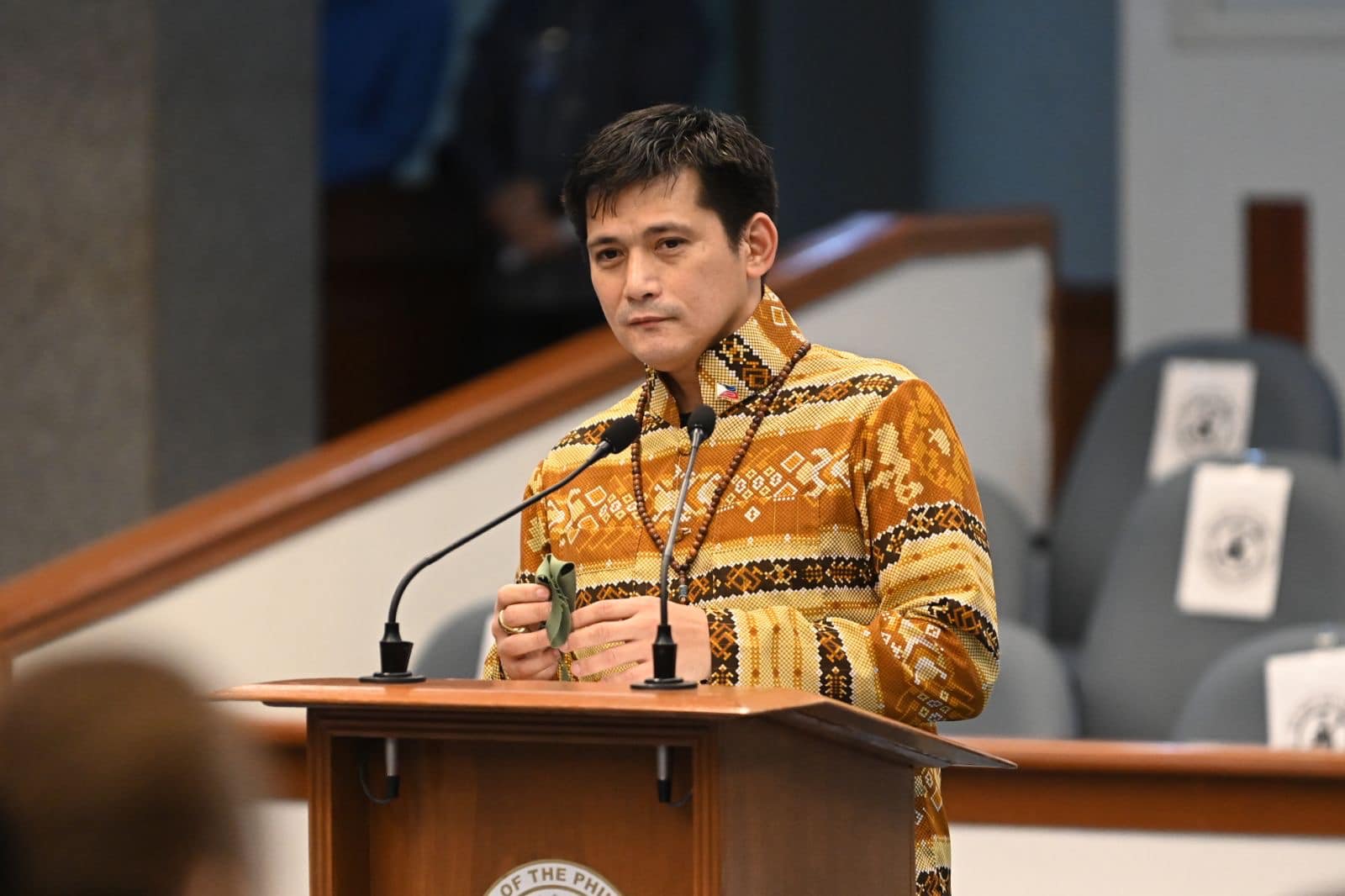Debates on how crucial for Filipino high school students to examine our history have been opened once again.
This, after Senator Robinhood “Robin” Padilla, filed Senate Bill 451 or An Act Mandating the Inclusion of Philippine History as a Separate Subject in the High School Curriculum.
The Department of Education (DepEd) Order 20 issued by then DepEd Secretary Armin Luistro pushed for the removal of the subject from the high school curriculum, paving the implementation of the Kinder to Grade 12 (K-12) program in the Philippines.
However, the subject is still being taught separately to Grade 5 and 6 students, with the current Araling Panlipunan (AP) curriculum covering various Philippine history topics across grade levels.
Is it time to bring back the subject to the high school curriculum? Does it refine Filipinos’ moral values and mold the youth’s political beliefs?
Vilma Absalon, who is a school teacher from Masbate, said learning Philippine History provides a huge help in molding the political views of vulnerable teenagers.
“Isa rin itong asignatura na napakahalaga para sa ating mga estudyante na kinakailangan malaman ang simula hangang sa kasalukuyan ng mga pangyayari (It is one of the most important subject for the students because they have to learn about the beginning and the present of an event),” Absalon said in an interview with the Daily Tribune.
Absalon was backing Padilla’s argument that bringing back the subject in high school will guide every youth to understand the Filipinos’ roots bounded by “facts and strong historical tradition, patriotism, and identity as a nation.”
Youth may also learn and gain wisdom from how the previous politics run in history, she added.
On contrary, Ferlyn Kedsong, an elementary teacher from Cotabato City, sees there’s no need to reintroduce the subject in high school since the current AP curriculum can already wrap up Philippine History.
“For me, not necessarily because Araling Panlipunan seems fine already, as long as the content is true and valuable to molding one’s personality,” she said in a separate interview.
Kedsong believes that the government should focus its attention on developing and refining youth’s performance in other fields that they can use in their daily lives.
“I think, instead of focusing on Philippine history alone, subjects like Math, Science, English, and good values must be improved as well. Because learning these subjects is even more practical and would help students once they have graduated,” she added.
The fields of science, technology, engineering, mathematics (STEM), and digital skills, are embedded in the 21st-century skills framework of the country’s K to 12 curricula.
The 2019 Global Innovation Index report showed the Philippines was ranked 54th in the worldwide STEM pipeline, but it was considered a better performance than the country’s 73rd rank in 2018.
Meanwhile, Professor Melvin Crisostomo, College of Education dean from the City University of Pasay, sees that requiring a Philippine History subject for high school students will be beneficial upon entering tertiary life, especially for those enrolling in education majors.
While the readings in Philippine history are being offered as part of the college curriculum, Crisostomo said it would be better if high school students are already refreshed during their secondary education.
“It would be an advantage for junior and senior high school graduates if they were required to take up Philippine History before entering college so that instead of refreshing the subject, they can already explore the other contexts of the Philippine History,” he said.
Crisostomo said bringing back Philippine History as a separate subject in the high school curriculum can also serve as a tribute to the country’s significant and invaluable past.
“It is a symbol of awakening the spirit of the youth, how our heroes worked hard to achieve our independence and freedom from Filipinos’ aggressor,” he added, noting that learning from the past can also influence someone’s values.
Senate Bill 451 stated that the subject should be designed to inculcate a sense of patriotism, and should include the history, culture, and identity of the Bangsamoro and Indigenous People.
The proposed measure also seeks to enable “critical thinking and discourse” on the effects and relevance of Philippine historical events, persons, and movements to the present.
Padilla earlier noted that bringing back the subject in high school “will help the youth in shaping the country and its people.”
“While supporters of this revised curriculum claim that the ‘discussion of events on the country’s history is naturally integrated into several subjects,’ this representation is of the firm belief that there must be an independent and definitive subject that comprehensively focuses on the study of our nation’s own history,” Padilla said.
The current K-12 primary education curriculum for Social Studies includes subjects such as Asian Studies and World History.
